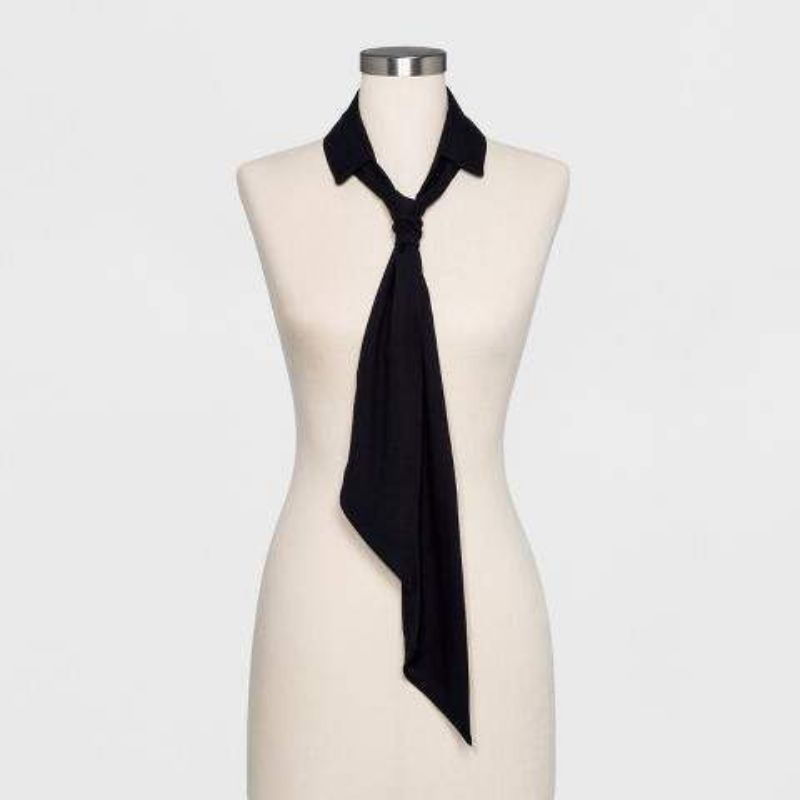Fashion is an ever-evolving landscape, constantly influenced by societal changes, trends, and personal expressions. One such trend that has gained attention in recent years is the rise of "dasi fake," a term that encapsulates the allure and deception of imitation fashion. As consumers become increasingly aware of sustainability and ethical fashion, the demand for authentic products has surged. However, the prevalence of counterfeit items, including dasi fake, raises questions about quality, value, and the very essence of individuality in fashion.
In a world where social media dictates trends and influences purchasing decisions, dasi fake has emerged as a controversial topic. While some admire the aesthetic appeal of imitation products, others argue that they undermine the hard work of genuine artisans and brands. This dichotomy has sparked debates within fashion communities, prompting consumers to reconsider their choices and the implications of their purchases.
As we delve deeper into the world of dasi fake, it's crucial to understand its origins, implications, and the broader context of fashion authenticity. This exploration will not only shed light on the phenomenon but also encourage thoughtful discussions about our roles as consumers in a rapidly changing fashion landscape.
Read also:Ronaldo Sui Mastering The Art Of Football
What is Dasi Fake and Where Did It Originate?
Dasi fake refers to imitation products that are designed to resemble authentic items, often at a fraction of the cost. This trend can be traced back to various cultural influences, where the desire for luxury goods clashes with economic constraints. The origins of dasi fake can be linked to the proliferation of fast fashion, which prioritizes speed and affordability over craftsmanship.
How Does Dasi Fake Impact the Fashion Industry?
The impact of dasi fake on the fashion industry is multifaceted. On one hand, it provides consumers with access to stylish products that might otherwise be financially out of reach. On the other hand, it poses significant challenges for designers and brands that invest time and resources into creating original pieces. The rise of dasi fake often leads to legal battles over intellectual property rights and a dilution of brand identity.
Are There Ethical Concerns Associated with Dasi Fake?
Yes, ethical concerns abound in the world of dasi fake. The production of counterfeit items often involves exploitative labor practices, poor working conditions, and environmental harm. As consumers, it is essential to consider the origins of the products we purchase and the implications of supporting an industry that thrives on deception.
Who is Affected by the Dasi Fake Trend?
The dasi fake trend affects various stakeholders within the fashion industry, including consumers, designers, and manufacturers. Consumers may be drawn to the allure of inexpensive replicas, while designers may find their work devalued by imitations. Additionally, ethical manufacturers that prioritize sustainable practices struggle to compete with the low prices of dasi fake products.
Can Dasi Fake Ever Be Considered Acceptable?
The acceptability of dasi fake is subjective and varies among individuals. For some, the ability to express their style without breaking the bank is empowering. Others argue that it undermines the integrity of authentic fashion. Ultimately, the decision to embrace or reject dasi fake depends on personal values and priorities.
What Are the Alternatives to Dasi Fake?
- Thrift Shopping: Explore second-hand clothing stores for unique finds.
- Support Local Artisans: Invest in handmade products from local craftspeople.
- Sustainable Brands: Choose brands that prioritize ethical production methods.
- DIY Fashion: Create your own pieces to ensure originality.
What Does the Future Hold for Dasi Fake?
The future of dasi fake remains uncertain as consumers become more conscious of their purchasing decisions. With a growing emphasis on sustainability and ethical fashion, the demand for authentic products may overshadow the allure of imitation items. As the fashion landscape continues to evolve, the fate of dasi fake will likely depend on consumer awareness and the industry's response to these emerging trends.
Read also:Koala One Piece A Mesmerizing Adventure Awaits
How Can Consumers Educate Themselves About Dasi Fake?
Education is key to navigating the world of dasi fake. Consumers can take the following steps to empower themselves:
- Research brands and their production practices.
- Learn about the environmental and social implications of fast fashion.
- Engage with fashion communities to discuss and share knowledge.
- Support initiatives that promote transparency in the fashion industry.
Conclusion: Embracing Authenticity in Fashion
As we reflect on the implications of dasi fake, it becomes clear that the choices we make as consumers have far-reaching effects. By prioritizing authenticity, supporting ethical practices, and educating ourselves about the impact of our purchases, we can contribute to a more sustainable and equitable fashion industry. The journey toward conscious consumerism starts with each individual, shaping the future of fashion one choice at a time.


